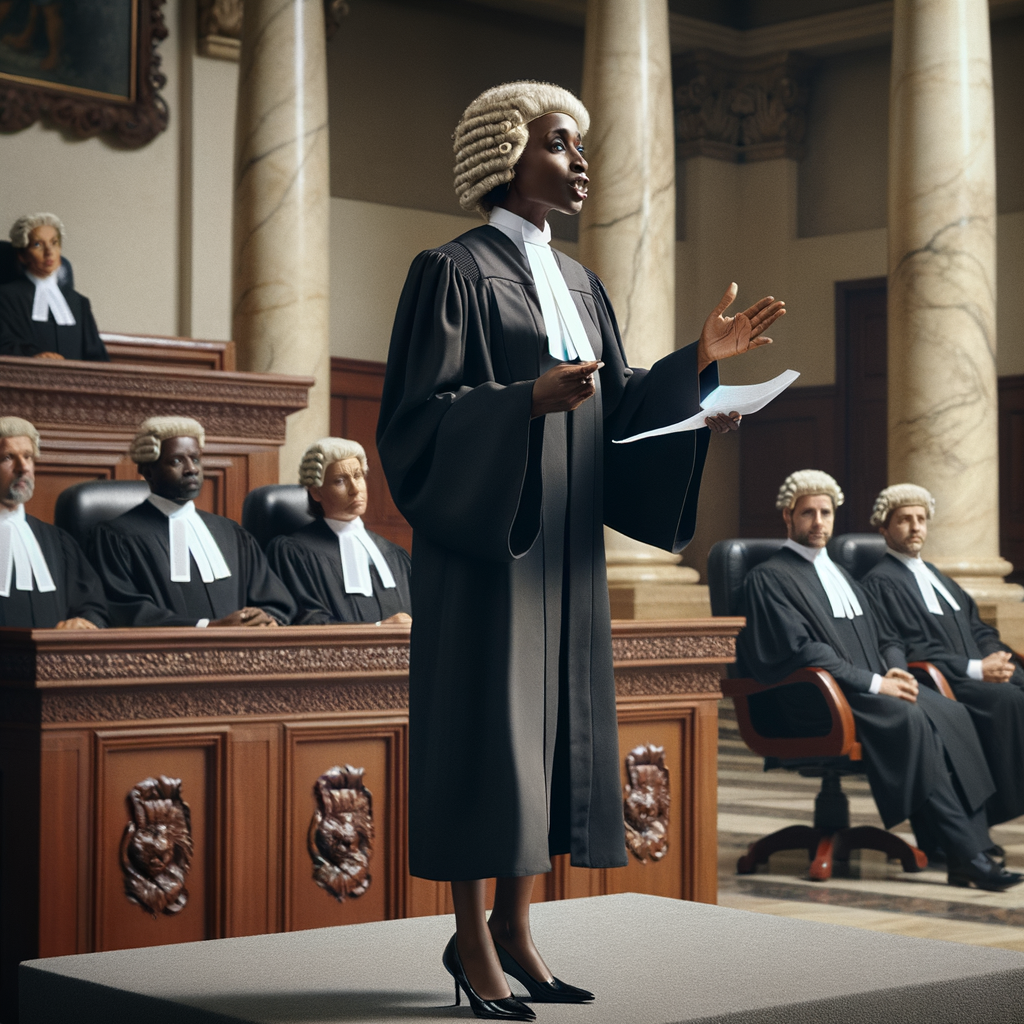Brief Summary of Marbury v. Madison
Issue: Whether the Supreme Court has the authority to issue writs of mandamus under the Judiciary Act of 1789, and if so, whether it can compel the Secretary of State to deliver commissions to appointed justices of the peace.
Rule: The Constitution is the supreme law of the land, and it is the duty of the judicial system to interpret the law. The Judiciary Act of 1789, insofar as it extends the original jurisdiction of the Supreme Court to include the power to issue writs of mandamus, is in conflict with Article III of the U.S. Constitution and is therefore invalid.
Application: William Marbury was appointed as a justice of the peace in the District of Columbia in the final hours of the Adams administration. His commission was not delivered before President Jefferson took office, and the new Secretary of State, James Madison, refused to deliver it. Marbury filed directly with the Supreme Court seeking a writ of mandamus to compel Madison to deliver the commission. Though Marbury was entitled to the commission, the Court could not grant the writ because the provision of the Judiciary Act that gave the Supreme Court the power to issue writs of mandanus in cases like Marbury’s was unconstitutional.
Conclusion: The Supreme Court held it lacked the power to issue writs of mandamus to force Madison to deliver Marbury’s commission. This established the doctrine of judicial review, giving the judiciary the power to strike down laws and government actions that violate the Constitution.
Detailed IRAC Outline of Marbury v. Madison
Issue:
The central issue is whether the Supreme Court has the constitutional authority to issue writs of mandamus in this situation, and whether it can compel the executive branch to act in a particular way with respect to the delivery of the judicial commissions.
Rule:
1. The Constitution is the supreme law of the land, and it is the court’s role to interpret the Constitution.
2. Article III of the Constitution defines the extent of judicial powers and the cases in which the Supreme Court holds original jurisdiction.
3. The Judiciary Act of 1789 purported to expand the original jurisdiction of the Supreme Court beyond what was specified in Article III of the Constitution.
Application:
1. Facts: Marbury was appointed as a justice of the peace towards the end of President Adams’ term, but his commission was not delivered before President Jefferson took office. Jefferson instructed his Secretary of State, Madison, not to deliver the commission.
- Argument & Analysis: Marbury argued that he had a legal right to the commission and that the Judiciary Act of 1789 empowered the Supreme Court to issue a writ of mandamus to enforce that right. The Court had to determine whether the Act was compatible with the Constitution.
-
Interpretation of Law: The Court determined that while Marbury had a right to the commission, the means to enforce that right through a writ of mandanus was not constitutional. The relevant section of the Judiciary Act of 1789 was found to be in conflict with Article III of the Constitution because it attempted to extend the Court’s original jurisdiction in a manner not prescribed by the Constitution.
Conclusion:
The Supreme Court concluded that it did not have the authority to issue the writ of mandamus because doing so would mean exercising a power not granted by the Constitution. Therefore, while recognizing Marbury’s right to his commission, the Court could not enforce it through a writ of mandamus. This case established the principle of judicial review, affirming the judiciary’s role in ensuring that all laws and actions by other branches of government are in conformity with the Constitution.
Significance:
Marbury v. Madison is one of the most significant cases in American legal history, as it established the power of judicial review, which allows the judiciary to invalidate laws and executive actions that are contrary to the Constitution. This case set the precedent for the role of the Supreme Court in maintaining the checks and balances that are foundational to the United States’ system of government.
